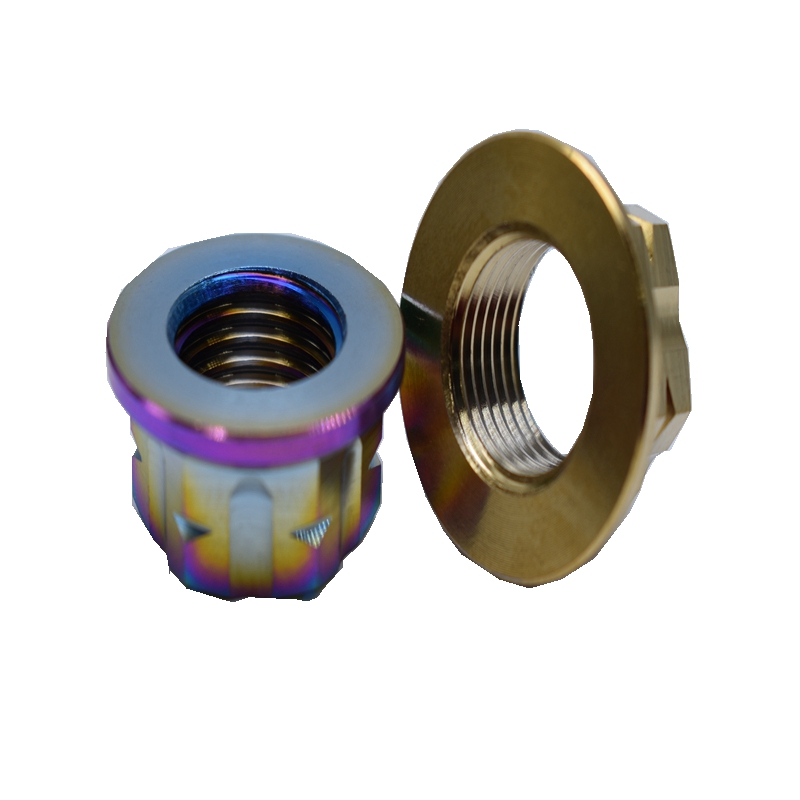
Privacy statement: Your privacy is very important to Us. Our company promises not to disclose your personal information to any external company with out your explicit permission.
Aircraft manufacturing in the aviation field is a rapidly growing emerging industry in China. In aircraft materials, aluminum alloy materials account for 50% to 70% (including aluminum-lithium alloys), and magnesium alloys account for about 5% to 10%. At the same time, the proportion of titanium alloys is also increasing, especially for applications that require high temperature resistance. on a supersonic jet. In the field of aircraft engines, high-temperature-resistant rhenium, nickel-tungsten-molybdenum and other alloy materials are mainly used. In addition, there are high-strength steels with various rare elements added. In general, with the development of the domestic aircraft manufacturing industry, aluminum, magnesium, and titanium have benefited the most, followed by nickel, tungsten, molybdenum, niobium, lithium, and rare earth.
Our country's aerospace industry continues to flourish. Titanium alloys, which are more resistant to high temperature and radiation, have become the main manufacturing materials for structures and containers of rockets, missiles and spacecraft. The demand for metal beryllium and beryllium-aluminum alloys for components and structural parts that require high precision will also increase. Satellite-related structural materials mainly involve titanium, rhenium, tungsten, molybdenum, etc. The ion propulsion engine of the spacecraft mainly uses cesium and rubidium.

July 03, 2023
Mail an Lieferanten
July 03, 2023

Privacy statement: Your privacy is very important to Us. Our company promises not to disclose your personal information to any external company with out your explicit permission.

Fill in more information so that we can get in touch with you faster
Privacy statement: Your privacy is very important to Us. Our company promises not to disclose your personal information to any external company with out your explicit permission.